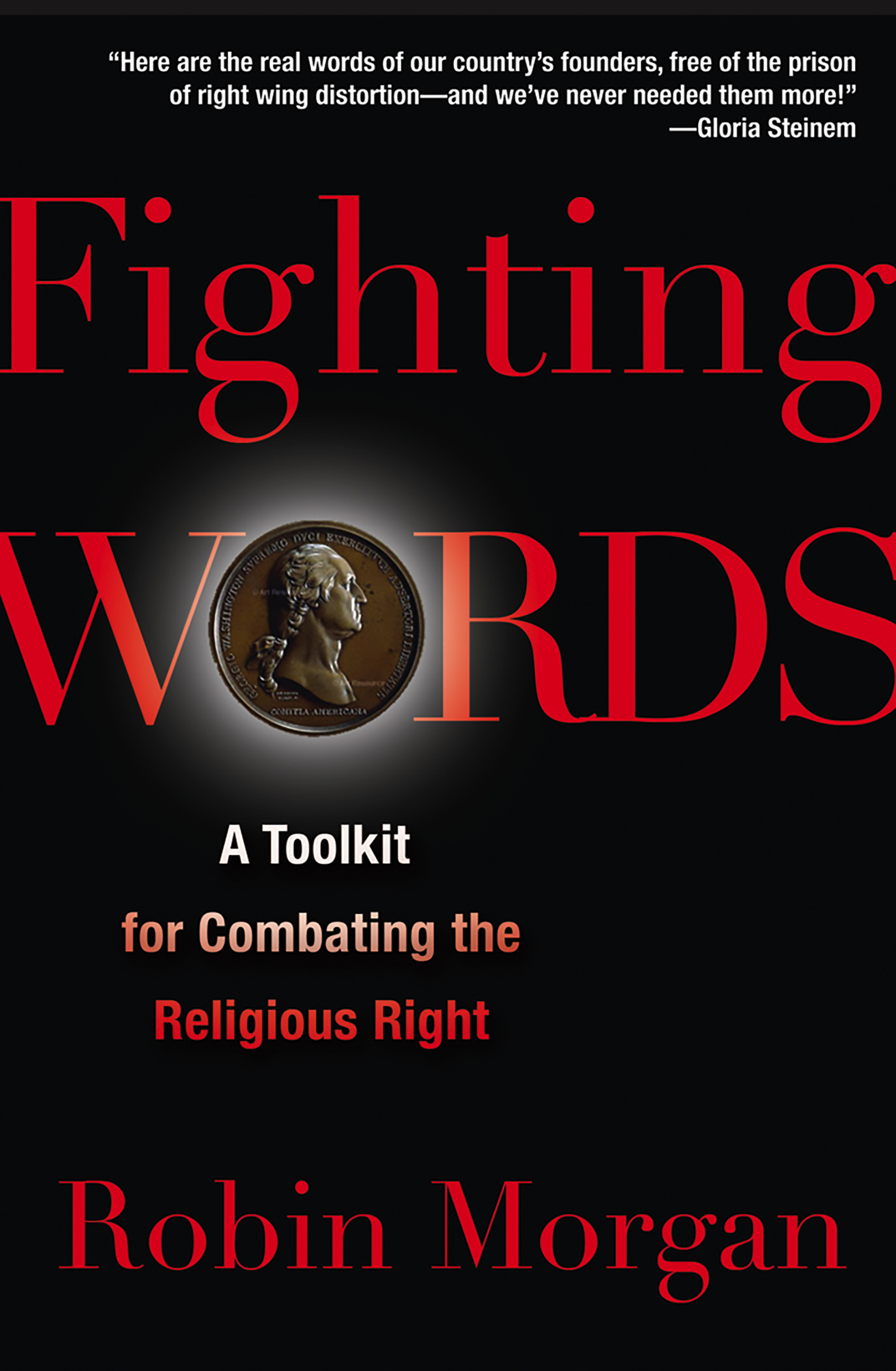- Thread starter
- #301
Example #22 of America's Christian Heritage
“Even in the fundamental law of the Province of Rhode Island, best known for the religious dissension of its founder Roger Williams, “Christian purpose is expressly stated and a particular form of Christianity (Protestantism) was required as a qualification for office”
Issac A. Cornelison, The Relation of Religion to Civil Government in the United States of America: A State Without a Church, But Not Without a Religion (New York: G.P. Putnam’s Sons,1895)
“Even in the fundamental law of the Province of Rhode Island, best known for the religious dissension of its founder Roger Williams, “Christian purpose is expressly stated and a particular form of Christianity (Protestantism) was required as a qualification for office”
Issac A. Cornelison, The Relation of Religion to Civil Government in the United States of America: A State Without a Church, But Not Without a Religion (New York: G.P. Putnam’s Sons,1895)


